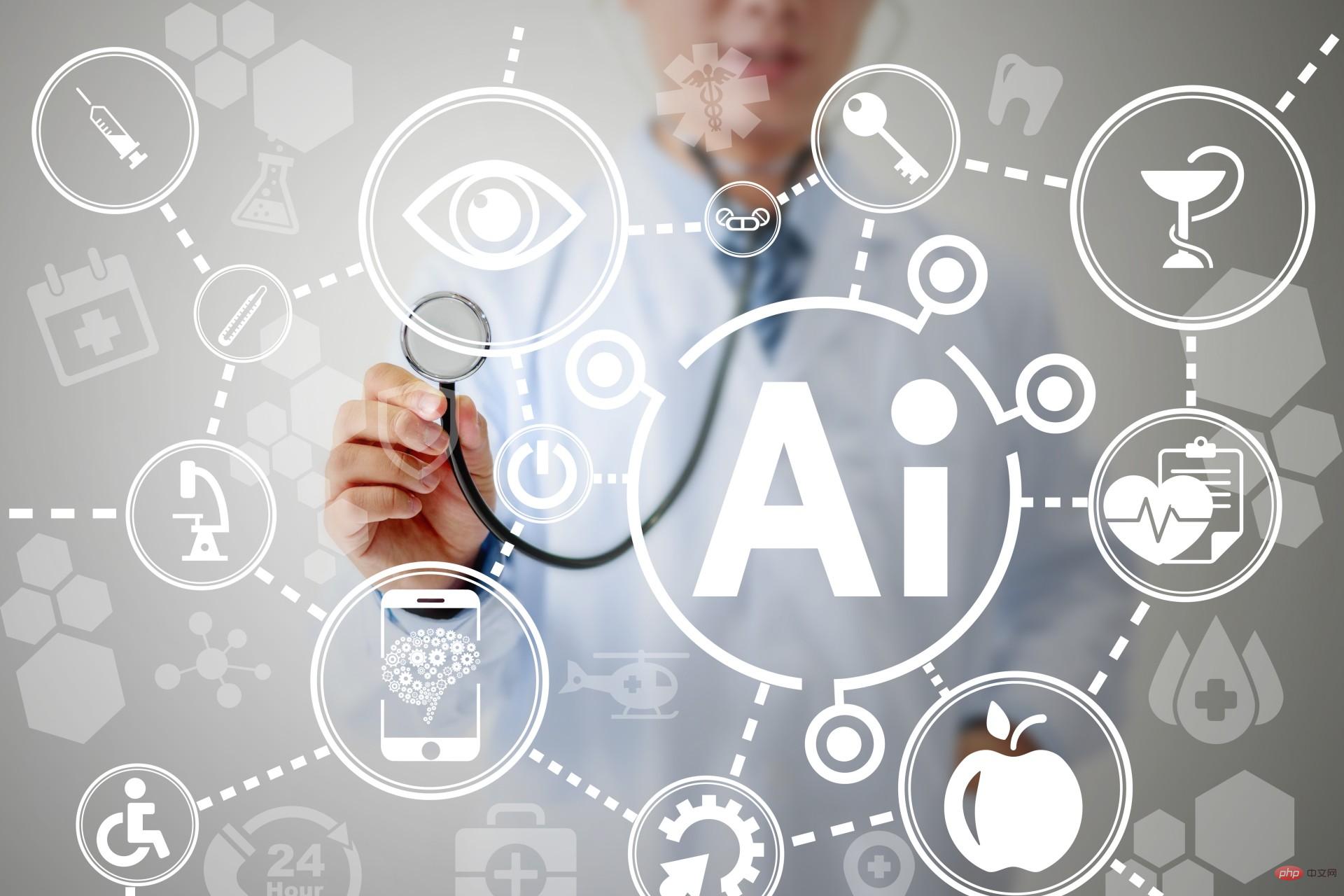Home >Technology peripherals >AI >Explore the disruptive effect of artificial intelligence technology on the automotive industry
Explore the disruptive effect of artificial intelligence technology on the automotive industry
- WBOYWBOYWBOYWBOYWBOYWBOYWBOYWBOYWBOYWBOYWBOYWBOYWBforward
- 2023-04-22 22:16:211037browse
In recent years, the automotive industry has undergone major changes due to technological advancements.
From electric vehicles to self-driving cars, technology is disrupting the automotive industry like never before.

One of the most important technological changes in the automotive industry is the rise of electric vehicles. Electric vehicles have come a long way since their introduction, with longer ranges, more affordable prices and an ever-expanding network of charging stations. As governments around the world set ambitious goals to reduce carbon emissions, electric vehicles are becoming an increasingly popular choice for consumers.
Another major advancement in automotive technology is the development of self-driving cars. Autonomous vehicles have the potential to significantly reduce traffic congestion, improve safety and make roads more efficient. Companies such as Tesla, Google and Uber have invested heavily in developing self-driving technology, and some of these vehicles can already be seen on the road today.
In addition to electric cars and autonomous vehicles, technology has also impacted the design and manufacturing of cars. For example, 3D printing can create complex yet lightweight parts that were previously impossible to produce. This has led to the development of more efficient and aerodynamic vehicles, as well as cars that are more customizable and personalizable.
The use of artificial intelligence (AI) has also had a significant impact on the automotive industry. Artificial intelligence can be used to improve vehicle safety, reduce fuel consumption and enhance the driving experience for consumers. For example, some cars are equipped with sensors and cameras that can detect when drivers are tired or distracted and can remind them to take a break or refocus on the road.
One of the biggest benefits of technology in the automotive industry is its potential to improve safety. Advanced driver assistance systems (ADAS) such as lane departure warning, adaptive cruise control and automatic emergency braking have made driving safer for millions of people. In the future, with the popularization of autonomous driving technology, we can see a significant reduction in traffic accidents and fatalities.
Another trend is the rise of hybrid vehicles. Hybrid vehicles use a combination of gasoline and electricity to reduce fuel consumption and emissions, making them a popular choice among environmentally conscious consumers.
Advances in technology have made hybrid vehicles more affordable, practical and efficient than ever before. Many car manufacturers now offer a range of hybrid models, from compact cars to SUVs, to suit different needs and preferences.
Another area where technology is having a major impact is in the area of sustainability. Electric vehicles have the potential to significantly reduce greenhouse gas emissions and air pollution, which are major environmental concerns. Additionally, advances in battery technology are making electric vehicles more affordable and practical for everyday use.
In the manufacturing process, technology is helping automakers become more efficient and cost-effective. Robots and automation are used to assemble cars, reducing the need for manpower and speeding up production times. Not only is this good for the bottom line, it also allows automakers to produce cars faster and with higher quality.
Technology is also changing people’s views on transportation as a whole. The rise of ride-sharing services like Uber and Lyft, as well as the development of self-driving cars, could lead to people abandoning car ownership altogether. Instead of owning a car, people can simply hail one when they need it, reducing the number of cars on the road and potentially reducing traffic congestion.
Finally, technology has also changed the way people interact with cars. Smartphones and other devices can now be connected to vehicles, allowing people to control various functions remotely. This includes starting the engine, adjusting the temperature, and even unlocking the doors. You can even use your smartphone to track your car, monitor fuel consumption, and receive alerts when repairs are needed.
Another popular trend is car leasing, which allows consumers to drive the latest, most technologically advanced cars without having to buy them outright. With the rise of online car marketplaces and digital car rental platforms, consumers have more choices than ever before when it comes to finding the right car and financing plans to meet their needs.
In short, technology is revolutionizing the automotive industry in many ways, from the development of electric and autonomous vehicles to the application of artificial intelligence and 3D printing in design and manufacturing. As technology continues to advance, we can expect to see more changes and innovations in the automotive industry in the coming years.
The above is the detailed content of Explore the disruptive effect of artificial intelligence technology on the automotive industry. For more information, please follow other related articles on the PHP Chinese website!
Related articles
See more- Technology trends to watch in 2023
- How Artificial Intelligence is Bringing New Everyday Work to Data Center Teams
- Can artificial intelligence or automation solve the problem of low energy efficiency in buildings?
- OpenAI co-founder interviewed by Huang Renxun: GPT-4's reasoning capabilities have not yet reached expectations
- Microsoft's Bing surpasses Google in search traffic thanks to OpenAI technology

